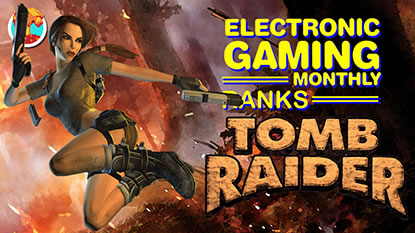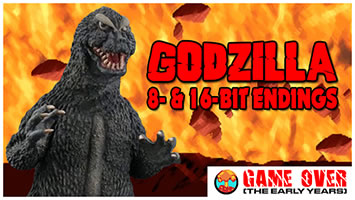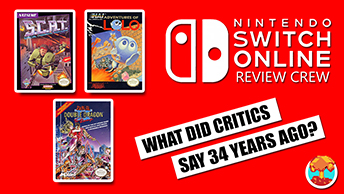- CLASSIC MAGAZINES
- REVIEW CREW
A show recapping what critics thought back
when classic games first came out! - NEXT GENERATION'S BEST & WORST
From the worst 1-star reviews to the best
5-stars can offer, this is Next Generation! - NINTENDO POWER (ARCHIVE)
Experience a variety of shows looking at the
often baffling history of Nintendo Power! - MAGAZINE RETROSPECTIVE
We're looking at the absolutely true history of
some of the most iconic game magazines ever! - SUPER PLAY'S TOP 600
The longest and most ambitious Super NES
countdown on the internet! - THEY SAID WHAT?
Debunking predictions and gossip found
in classic video game magazines! - NEXT GENERATION UNCOVERED
Cyril is back in this spin-off series, featuring the
cover critic review the art of Next Generation! - HARDCORE GAMER MAGAZING (PDF ISSUES)
Download all 36 issues of Hardcore Gamer
Magazine and relive the fun in PDF form!
- REVIEW CREW
- ELECTRONIC GAMING MONTHLY
- ELECTRONIC GAMING MONTHLY RANKS
From Mario to Sonic to Street Fighter, EGM
ranks classic game franchises and consoles! - ELECTRONIC GAMING MONTHLY BEST & WORST
Counting down EGM’s best and worst reviews
going year by year, from 1989 – 2009! - ELECTRONIC GAMING BEST & WORST AWARDS
11-part video series chronicling the ups and
downs of EGM’s Best & Worst Awards!
- ELECTRONIC GAMING MONTHLY RANKS
- GAME HISTORY
- GAME OVER: STORY BREAKDOWNS
Long-running series breaking down game
stories and analyzing their endings! - A BRIEF HISTORY OF GAMING w/ [NAME HERE]
Real history presented in a fun and pithy
format from a variety of game historians! - THE BLACK SHEEP
A series looking back at the black sheep
entries in popular game franchises! - INSTANT EXPERT
Everything you could possibly want to know
about a wide variety of gaming topics! - FREEZE FRAME
When something familiar happens in the games
industry, we're there to take a picture! - I'VE GOT YOUR NUMBER
Learn real video game history through a series
of number-themed episodes, starting at zero! - GREAT MOMENTS IN BAD ACTING
A joyous celebration of some of gaming's
absolute worst voice acting!
- GAME OVER: STORY BREAKDOWNS
- POPULAR SHOWS
- DG NEWS w/ LORNE RISELEY
Newsman Lorne Riseley hosts a regular
series looking at the hottest gaming news! - REVIEW REWIND
Cyril replays a game he reviewed 10+ years
ago to see if he got it right or wrong! - ON-RUNNING FEUDS
Defunct Games' longest-running show, with
editorials, observations and other fun oddities! - DEFUNCT GAMES QUIZ (ARCHIVE)
From online quizzes to game shows, we're
putting your video game knowledge to the test!- QUIZ: ONLINE PASS
Take a weekly quiz to see how well you know
the news and current gaming events! - QUIZ: KNOW THE GAME
One-on-one quiz show where contestants
find out if they actually know classic games! - QUIZ: THE LEADERBOARD
Can you guess the game based on the classic
review? Find out with The Leaderboard!
- QUIZ: ONLINE PASS
- DEFUNCT GAMES VS.
Cyril and the Defunct Games staff isn't afraid
to choose their favorite games and more! - CYRIL READS WORLDS OF POWER
Defunct Games recreates classic game
novelizations through the audio book format!
- DG NEWS w/ LORNE RISELEY
- COMEDY
- GAME EXPECTANCY
How long will your favorite hero live? We crunch
the numbers in this series about dying! - VIDEO GAME ADVICE
Famous game characters answer real personal
advice questions with a humorous slant! - FAKE GAMES: GUERILLA SCRAPBOOK
A long-running series about fake games and
the people who love them (covers included)! - WORST GAME EVER
A contest that attempts to create the worst
video game ever made, complete with covers! - LEVEL 1 STORIES
Literature based on the first stages of some
of your favorite classic video games! - THE COVER CRITIC
One of Defunct Games' earliest shows, Cover
Critic digs up some of the worst box art ever! - COMMERCIAL BREAK
Take a trip through some of the best and
worst video game advertisements of all time! - COMIC BOOK MODS
You've never seen comics like this before.
A curious mix of rewritten video game comics!
- GAME EXPECTANCY
- SERIES ARCHIVE
- NINTENDO SWITCH ONLINE ARCHIVE
A regularly-updated list of every Nintendo
Switch Online release, plus links to review! - PLAYSTATION PLUS CLASSIC ARCHIVE
A comprehensive list of every PlayStation
Plus classic release, including links! - RETRO-BIT PUBLISHING ARCHIVE
A regularly-updated list of every Retro-Bit
game released! - REVIEW MARATHONS w/ ADAM WALLACE
Join critic Adam Wallace as he takes us on a
classic review marathon with different themes!- DEFUNCT GAMES GOLF CLUB
Adam Wallace takes to the links to slice his way
through 72 classic golf game reviews! - 007 IN PIXELS
Adam Wallace takes on the world's greatest spy
as he reviews 15 weeks of James Bond games! - A SALUTE TO VAMPIRES
Adam Wallace is sinking his teeth into a series
covering Castlevania, BloodRayne and more! - CAPCOM'S CURSE
Adam Wallace is celebrating 13 days of Halloween
with a line-up of Capcom's scariest games! - THE FALL OF SUPERMAN
Adam Wallace is a man of steel for playing
some of the absolute worst Superman games! - THE 31 GAMES OF HALLOWEEN
Adam Wallace spends every day of October afraid
as he reviews some of the scariest games ever! - 12 WEEKS OF STAR TREK
Adam Wallace boldly goes where no critic has
gone before in this Star Trek marathon!
- DEFUNCT GAMES GOLF CLUB
- DAYS OF CHRISTMAS (ARCHIVE)
Annual holiday series with themed-episodes
that date all the way back to 2001!- 2015: 30 Ridiculous Retro Rumors
- 2014: 29 Magazines of Christmas
- 2013: 29 Questionable Power-Ups of Christmas
- 2012: 34 Theme Songs of Christmas
- 2011: 32 Game Endings of Christmas
- 2010: 31 Bonus Levels of Christmas
- 2009: 30 Genres of Christmas
- 2008: 29 Controls of Christmas
- 2007: 34 Cliches of Christmas
- 2006: 33 Consoles of Christmas
- 2005: 32 Articles of Christmas
- 2004: 31 Websites of Christmas
- 2003: 29 Issues of Christmas
- 2002: 28 Years of Christmas
- 2001: 33 Days of Christmas
- NINTENDO SWITCH ONLINE ARCHIVE
- REVIEW ARCHIVE
- FULL ARCHIVE
Electronic Gaming Monthly's Best Reviewed Games of 2008 & 2009
The year is 2008 and Iron Man is here to kickstart the biggest cinematic universe in movie history. This was also the year when Portishead finally released a new album, Blu-ray won the format wars and Breaking Bad forever changed the way we looked at Malcolm in the Middle's goofy father. But we're not here to cook Sky Blue in an old shot-up RV, because today we're counting down Electronic Gaming Monthly's Best Reviewed Games of 2008 and 2009. I am the one who knocks!
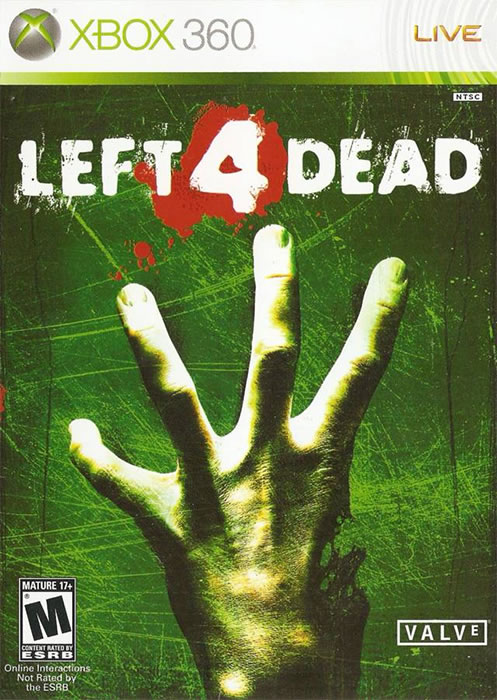
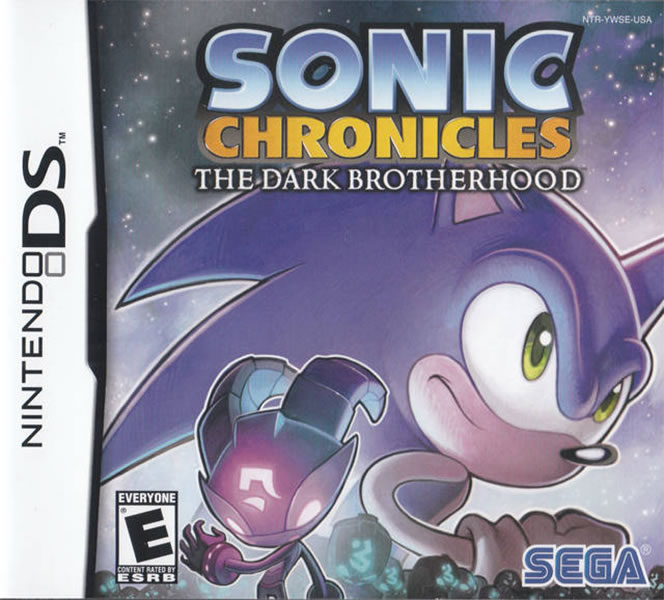
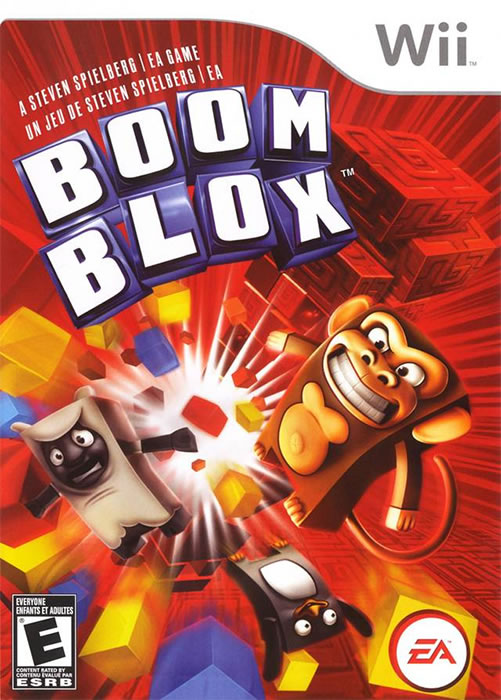
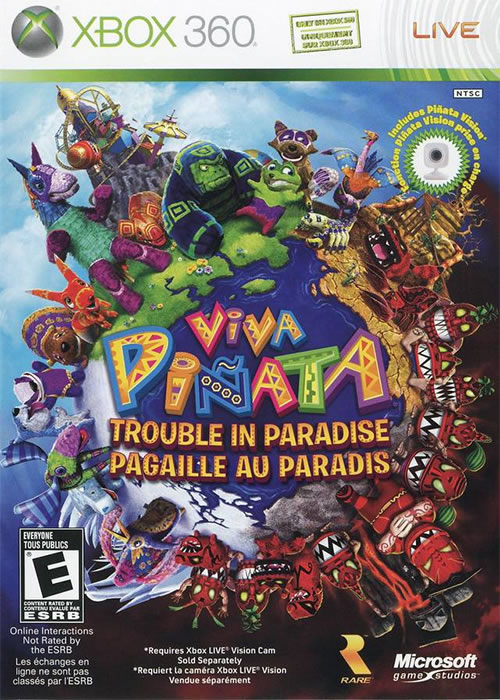
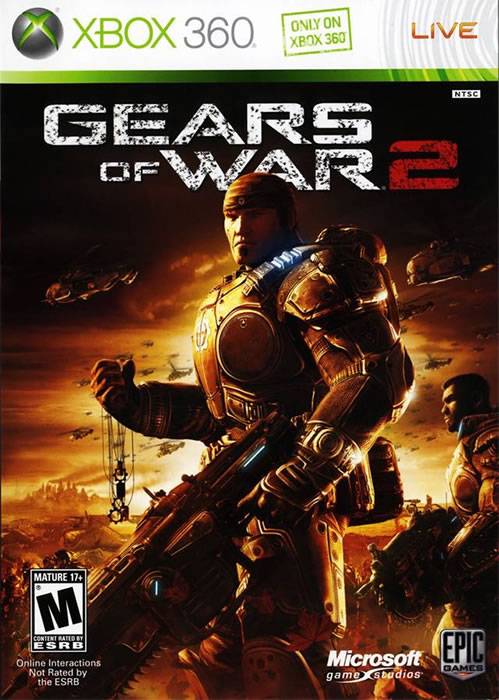
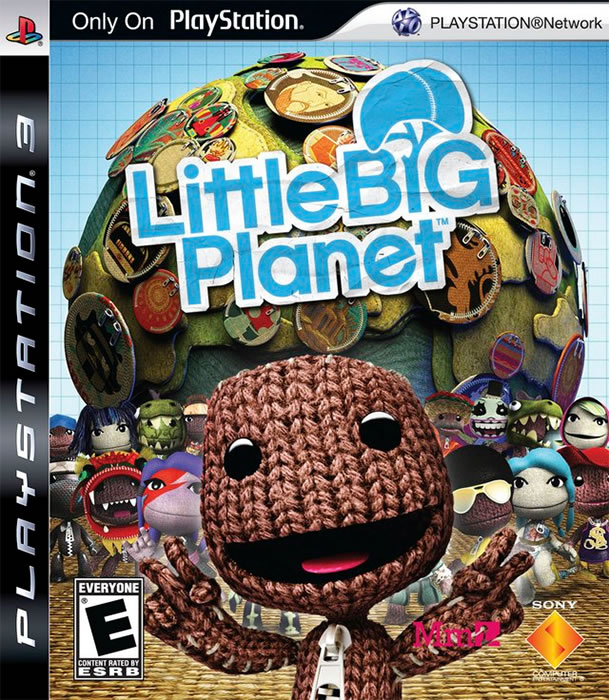
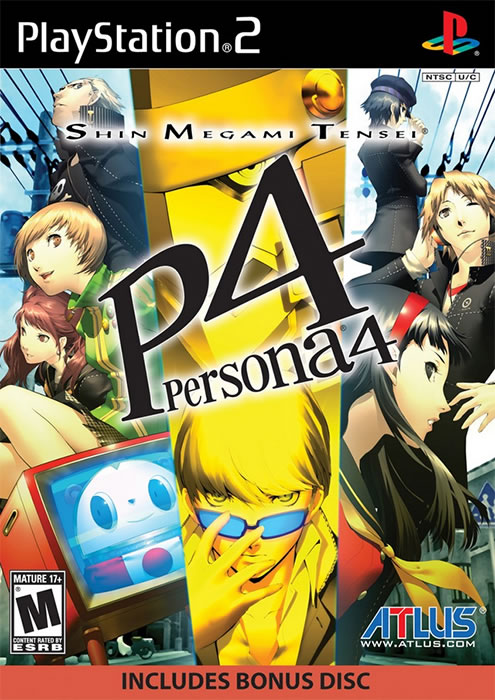
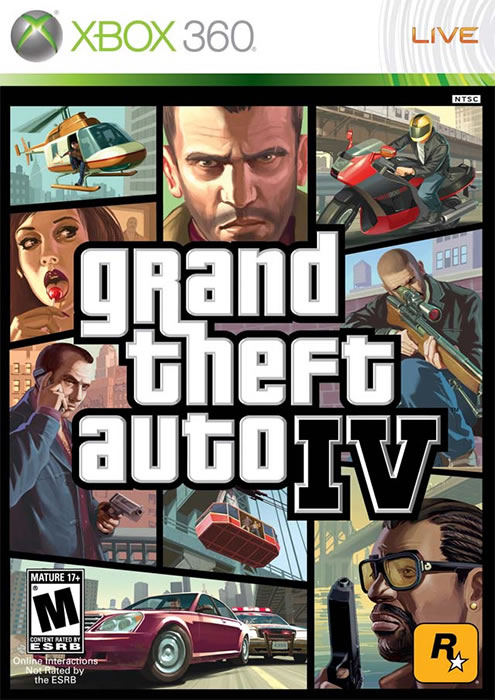
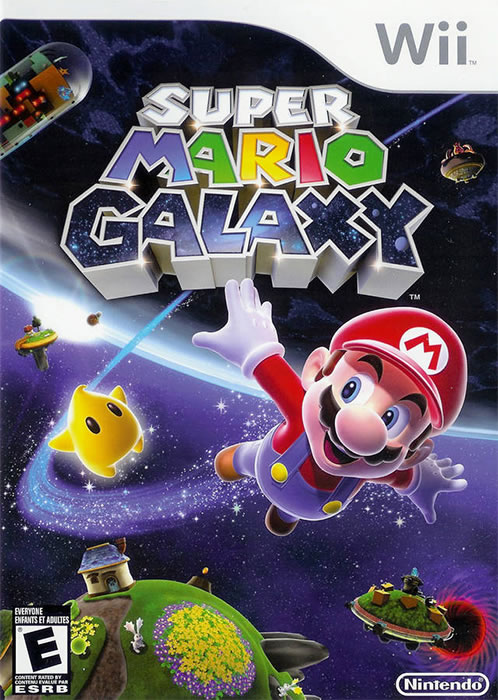
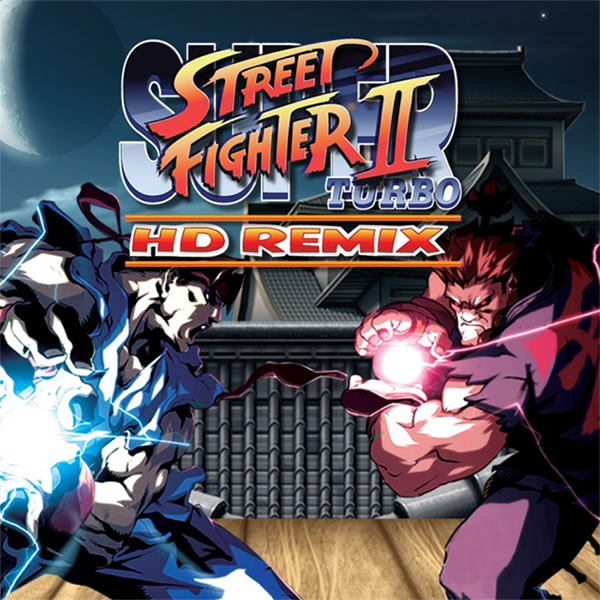

Left 4 Dead#10Before we dive into our look at the best-reviewed games of 2008, we first need to talk about the changes happening at EGM. As many of you know, 2008 would end up being the final full year for the long-running magazine's initial run. It would publish its final issue, number 236, in January 2009, with issue 237 completed and left unreleased. Electronic Gaming Monthly's original creator, Steve Harris, ended up buying the magazine and assets back from Ziff Davis, which eventually rebooted in 2010 with quarterly issues. When it comes to this series, we're not going to cover the EGM reboot or the web-only reviews. This episode is going to cover the thirteen published issues that were released in 2008 and 2009.
There was another obvious change to the reviews in 2008 that we need to talk about -- letter grades. About a third of the way through the year, in issue 227, EGM switches from the 1 through 10 numerical score to the types of letter grades you would get in school. They explained at the time that this was done to avoid confusion, as they were one of the final stalwarts for the 5 average. While I agree with EGM's decision and even use letter grades in my own reviews, there's no question that this mid-year change has complicated the scoring. The only fair way to compare the first half of the year with the second half is to convert those letter grades to numbers, which is an imperfect science. Based on how they listed their scored guide before and after the change, I feel that I have come as close as possible to translating the scores and keeping it as fair as possible. As a result, the average score found here may be slightly different with the scores listed on MetaCritic and other websites. If you have any questions, I can break the whole thing down in the comments section below.
Now, with all that out of the way, let's talk about Left 4 Dead, the first of several games on our list that came from the final issue in 2009. The EGM editors were already fans of Half-Life 2 and Portal, so they were excited to see Valve tackle something completely different. Well, maybe not completely different, but co-op. And without aliens. David admitted that he has fallen in love with zombie fiction, and Left 4 Dead does it best: "Like a great horror film, L4D creates a sense of constant unease and occasional terror through the four campaigns by always keeping you guessing about what's around the next corner." Scooter loved the amazing co-op action and surprisingly competent A.I. buddies, but criticized the occasional glitches, outdated visuals and expensive price point. It was Sharkey's A+ score that ultimately raised the average to a stellar 9.5 out of 10.

Sonic Chronicles: The Dark Brotherhood#9In a more just world, Sonic Adventure would have catapulted Sega's hedgehog mascot to bigger and better things. After being slow to break into the new 3D landscape, many thought that the Dreamcast launch title would be a turning point for the franchise, once again elevating Sonic to the same level as Super Mario. But if you remember the 2000s, then you already know that this is not how things ultimately played out. Instead of getting bigger and better, we got Sonic Heroes, Sonic Riders, Shadow the Hedgehog, Sonic Unleashed, Sonic Rivals, Sonic and the Secret Rings and, of course, that terrible Sonic the Hedgehog reboot. Believe it or not, it took Sega's blue hero nine years and 111 issues to climb his way back onto EGM's best reviewed list, and the only way it happened was when BioWare turned the platformer into a role-playing game.
Now, don't look surprised, because this is not the first time a popular mascot has gone on a wild turn-based adventure. Square ended up taking Super Mario RPG to seventh place in EGM's Best Reviewed Games of 1997, so there was reason to be optimistic. Ryan leans into this concern by noting that "The idea of a Sonic role-playing game from BioWare sounds like one of EGM's elaborate April Fools' jokes. But it's real, it's here ... and it's awesome." He was quick to compare the game to Super Mario RPG, especially when it came to the structure and gameplay: "Again, Chronicles is a lot like SMRPG. Its light action elements provide fun puzzle-solving and exploration opportunities without cramping the fairly traditional RPG style, and even if you're not a big Sonic fan, you'll derive plenty of enjoyment." Deriving enjoyment is what we do on these lists, and that's why Sonic Chronicles: The Dark Brotherhood finished at ninth place with a 9.5 out of 10.

Boom Blox#8If you go back and read the early issues of Electronic Gaming Monthly, you'll find that they were quick to succumb to the allure of Hollywood. From the oldest issues, you could see the magazine pine over actors and rock stars and athletes moving into the game space, almost as if it helped to bring a certain level of acceptance and authenticity from all of these established industries. By 2008, game critics had largely gotten beyond that way of thinking, but EGM was still more than a little star-struck when famed director Steven Spielberg shepherded in a quirky puzzle game from Electronic Arts called Boom Blox.
Shane was quick to talk about the man behind E.T., Jaws and Close Encounters of the Third Kind: "While Boom Blox might be the fruitiest thing to spring from the fertile mind of director Steven Spielberg since The Terminal, I'm certainly glad for it. The vast single-player offerings provide hours of addictive challenge, but Boom Blox's multiplayer blockbusting handily steals the show." Nick agreed and expanded on what made the game so revolutionary: "Boom Blox may not be the best Wii game, depending on your proclivities, but it's definitely the best use of the Wii yet. It's immensely accessible, wonderfully tactile, and stands as one of the best uses of gaming in a 3D space. Buy this game." The critics complained that it's not for the shaky-handed and probably could have used an online mode, but with a score of 9.5 out of 10, Boom Blox deserves to be on this list of the best reviewed games of 2008.

Viva Pinata: Trouble in Paradise#7Three years after helping Microsoft fill out their Xbox 360 launch line-up with games like Kameo and Perfect Dark Zero, some gamers were beginning to worry that Microsoft had made a mistake buying Rare. Their biggest games involved a candy-centric life simulator called Viva Pinata and a Banjo-Kazooie game that fundamentally changed everything people liked about the Banjo-Kazooie games. With so much skepticism in the community, all eyes were on a Viva Pinata sequel with an ominous subtitle to see if there truly was Trouble in Paradise.
The good news is that the one EGM critic who reviewed Viva Pinata 2 liked it a lot more than the original. Anthony spent a lot of time raving about the myriad of refinements and user-friendly changes: "It's easy to appreciate the new interface additions, like the ability to more easily locate a specific pinata in your garden or quickly plant a certain seed. The handful of annoying and tedious actions from the previous game were rethought and streamlined, making everything smoother -- and a lot more fun. Even the stuttering framerate that would occur during autosaving is mostly gone, which really helps keep your focus on working your green thumb rather than noticing how much your own thumb hurts from playing for hours on end." He concluded that haters of the original won't be won over by the sequel, but everybody else will love the playful visuals and delightful creature designs. There was still a lot of reason to be worried about Rare, but with a score of 9.5 out of 10, Viva Pinata: Trouble in Paradise successfully stamped down concerns for another year or two.

Gears of War 2#6The success of Gears of War couldn't have come at a better time for Microsoft. In some ways, it was the perfect franchise for the Xbox 360 -- it was different enough from Halo to stand on its own, yet similar enough to Halo to attract much of the same audience. Microsoft no longer had to rely on Master Chief, as was demonstrated with this much-improved sequel. Gears of War 2 not only lived up to the potential of the original, but exceeded it. It expanded the world building, improved on the graphics, offered more diverse locations and even had a better, twistier story. And if that wasn't enough, Epic finally managed to create an online multiplayer mode that was on par with the rest of the first- and third-person shooters on the market.
Greg Ford admits that the game starts a bit slow. He complained that a lot of the problems from the first game still appeared in this sequel and that there was a feeling of sameness early on. "But it's when you start hacking into the meat of the epic-expectations sequel that you appreciate what a more in-depth story, juiced-up multiplayer, and new enemies, modes and weapons can add to what still stands as one of this generation's best core gameplay systems." It's the problems from the first game that annoyed all three of the editors. They wondered why the cover system still didn't work flawlessly and why the turret sections are so terrible. However, when it's working properly, they argued, it's a magical roller coaster ride unlike anything else available on any other system. With an average of 9.7 out of 10, Gears of War 2 was the best-reviewed Xbox 360 exclusive in 2008.

LittleBigPlanet#5Between Mario, Sonic and now Sackboy, 2008 was a great year for mascot characters. LittleBigPlanet may not have been the first adorable platformer on a PlayStation system, but what it lacked in originality it more than made up for with ambition. Instead of giving Sackboy a bunch of new moves and abilities, Media Molecule went a lot deeper than that and made the entire game about creating content. With its surprisingly deep level creator, players could make an almost unlimited number of stages and games, which ultimately led to Sony trying this approach with other genres, such as ModNation Racers.
But while LittleBigPlanet didn't have the staying power of Mario or even Sonic, the user-created gimmick was so good that it initially wowed the EGM editors. In fact, Nick liked it so much that he gave it a perfect A+ score: "LittleBigPlanet examines the very nature of games -- the dialogue between creators and players and the relationships possible between them. It lifts the curtain on design as we know it, allowing the big, beautiful brains of everyone involved to spill out in a two-way conduit of creativity." EGM loved this game, noting that it's the most charming game they've ever played and that Sackboy is universally likable. Their only complaint was the imperfect controls, which hampered some of the harder levels. With an infinite supply of new levels, LittleBigPlanet delighted its way to an average score of 9.7 out of 10.

Shin Megami Tensei: Persona 4#4In our last episode, we talked a lot about the final days of the PlayStation 2. That was clearly premature, because here we have EGM reviewing Persona 4 in their final published issue. It's hard to believe, but the PS2 version of Persona 4 was released in December of 2008, more than three years after the next-generation kicked off. To put that in perspective, it would be like releasing The Last of Us Part 3 exclusively on PlayStation 4 at the tail-end of 2023. The point is, we were far enough into the next-generation to have started calling it the current-generation, so the idea of releasing such a high-profile sequel so late into the cycle certainly confused a lot of people.
Thankfully, the EGM editors still had their PlayStation 2 hooked up. All three editors couldn't stop raving about Persona 4's ambitious story and incredible dungeons. Fitch summed it up this way: "If Persona 3's secret shadow-slaying society played out like Harry Potter in a Japanese high school, this adventure's more Scooby-Doo -- complete with a fuzzy anthropomorphic teddy bear sidekick. As always Persona 4 crams so many disparate genres into one package, yet the day-by-day progression means that every sunrise brings a new challenge, which keeps the daunting quest manageable." Sure, there were murmurs about the load times being too long and that the story takes a little time to get going, but all three editors fell in love with the game and raved that it was one of the console's best games. With an average score of 9.7 out of 10, Persona 4 is not only ranked as the fourth best game of the year, but was the final PlayStation 2 game that EGM ever reviewed. What a way to go out.

Grand Theft Auto IV#3After releasing four different games between 2000 and 2004, gamers had to wait four long years before Rockstar Games finally learned how to count to Grand Theft Auto IV. The idea of being impatient about a few years wait may seem comical to those counting the days for news about Grand Theft Auto VI, but it was the reality in 2008. There was a feeling in the air that Rockstar may have waited too long and ceded too much ground to the competition, something that was only compounded by an unfortunate delay that pushed it to April 2008. Thankfully, these fears were short-lived, as GTAIV gave us a different, more mature tone that allowed us a chance to look at Liberty City has an outsider coming to grips with American culture.
With its scaled-back open-world and more focused storyline, Grand Theft Auto IV remains one of the franchise's most polarizing installments. Electronic Gaming Monthly, however, was unanimous with their praise. Two of the three editors gave the game a perfect A+ score, appreciating the scaled-back approach. Crispin explained that "Rockstar wisely toned down the character-customization elements this time and focused on a more engrossing aspect: Interpersonal relationships. As you meet people, their contact info is added to your phone. Niko can ring them up to grab a bite, go bowling, shoot darts, get shitfaced, or partake in any number of other activities." Greg Ford also loved the game, praising the incredible world building: "Niko's world heads down a more realistic path, both visually and with its deeper, somber tale, almost as if the game is striving to reach a certain level of maturity. Could GTA finally be growing up?" Judging by Grand Theft Auto V, I'm guessing the answer to that question is no. All three editors loved the game, though some complained about a few repetitive missions and gameplay that takes a little getting used to. It may not have hit the same highs as San Andreas, but Grand Theft Auto IV was easily one of the year's top-rated games with an average score of 9.8 out of 10.

Super Mario Galaxy#2Although EGM hasn't always been there for the sports games and spin-offs, Super Mario has been one of the most reliable franchises on the best-reviewed list. Dating all the way back to 1989, the Super Mario franchise has appeared on the best-reviewed list a total of eleven times, and that's not even including Smash Bros. and the game we're going to talk about today -- Super Mario Galaxy. This was the first major Mario platformer on home consoles since 2002's Super Mario Sunshine, which was one of the more polarizing installments in the franchise. With the Wii's unique hardware and a six-year hiatus, gamers were eager to get their hands on Galaxy, and they were not disappointed.
All three of the EGM critics gushed over the inventiveness of this new game. Jeremy said that this was the closest thing we'll ever see to a 3D version of Super Mario Bros. 3.: "That fact alone should be enough to send anyone who ever owned an NES rushing for the nearest store to pick up a copy of the game, but wait! It gets better. Galaxy also makes a good case for Nintendo's grand business scheme, bridging the divide between its hardcore fans and nontraditional newcomers with challenges that range from mild to insane." Shane was quick to agree with a lot of the minor complaints over the lackluster graphics and occasionally unwieldy camera, but what truly shocked him was that not one of those nitpicks kept the game from being an instant classic: "Sure, we all expect Mario games to offer flawless control, but you really learn to appreciate just how instinctive, responsive and versatile Mario's running and jumping can be when you're vaulting through bizarre gravitational fields and running across ceilings. Plus, unlike the one-note Super Mario Sunshine, Galaxy throws such a startling variety of environments, challenges and puzzles in your path that you honestly never know what to expect next." With an average score of 9.8 out of 10, Super Mario Galaxy is not just the second-best reviewed game of 2008, but is also the top-rated Super Mario platformer of all time. It makes me wonder if Super Mario Galaxy 2 would have gotten the perfect 10 out of 10.

Super Street Fighter II Turbo HD Remix#1After 40 episodes and 236 issues, we've come to Electronic Gaming Monthly's final perfect 10 out of 10 score. If you were to ask me to pick the perfect game to cap off the series finale, I would have wanted something nostalgic that represents what the magazine was in its heyday. That's an impossibly tall ask for a publication that didn't even know it was about to go out of business, and yet fate is once again on our side, because the best reviewed game of 2008/2009 was Super Street Fighter II Turbo HD Remix.
I think it's safe to say that in EGM's two decade run, no other game has graced the magazine's cover as many times Street Fighter II. There was a stretch in the early 1990s where Capcom's seminal fighting game was prominently displayed on the cover 17 times in 23 months. That's 74%. They spent issue after issue publishing moves, giving away arcade machines, reporting on Japanese ports and overhyping cheat codes. What's more, Street Fighter II was the subject of one of video gaming's most popular (and dare I say viral) April Fool's jokes. It's arguably the reason why so many media outlets continue to work so hard to outdo each other with fake news. Street Fighter II will forever be linked to Electronic Gaming Monthly in a way that no other game can be, which makes this final pick feel almost sentimental.
Ryan jokes that "Some games stand the test of time; Street Fighter II drags time into a back alley and beats it senseless. Fourteen years on, Super Street Fighter II Turbo -- the pinnacle of the SF2 series, and of fighting games, period -- still gets serious play among genre geeks. That's a long time to dismantle a game and analyze its merits and flaws the way only a community of frame-counting fanatics can". The review crew loved the new HD visuals, the smooth online multiplayer, the rebalanced gameplay, the additional moves, the redrawn endings and even the remixed soundtrack. They concluded that it was the best version of one of the best video games of all time. It's the version that would keep the franchise relevant for another fourteen years. And that's why Super Street Fighter II Turbo HD Remix tops our list as Electronic Gaming Monthly's best reviewed game of 2008/2009. If only Grand Theft Auto IV and Mario Galaxy defeated Sheng Long, then they would have stood a chance.
HOME |
CONTACT |
NOW HIRING |
WHAT IS DEFUNCT GAMES? |
NINTENDO SWITCH ONLINE |
RETRO-BIT PUBLISHING
Retro-Bit |
Switch Planet |
The Halcyon Show |
Same Name, Different Game |
Dragnix |
Press the Buttons
Game Zone Online | Hardcore Gamer | The Dreamcast Junkyard | Video Game Blogger
Dr Strife | Games For Lunch | Mondo Cool Cast | Boxed Pixels | Sega CD Universe | Gaming Trend
Game Zone Online | Hardcore Gamer | The Dreamcast Junkyard | Video Game Blogger
Dr Strife | Games For Lunch | Mondo Cool Cast | Boxed Pixels | Sega CD Universe | Gaming Trend
Copyright © 2001-2024 Defunct Games
All rights reserved. All trademarks are properties of their respective owners.
All rights reserved. All trademarks are properties of their respective owners.













